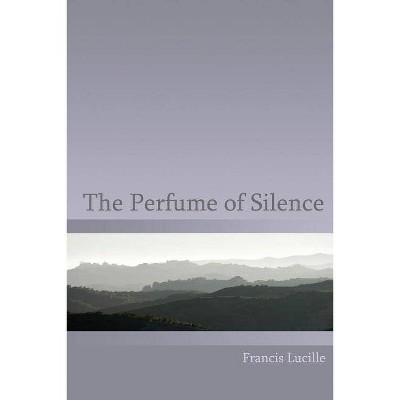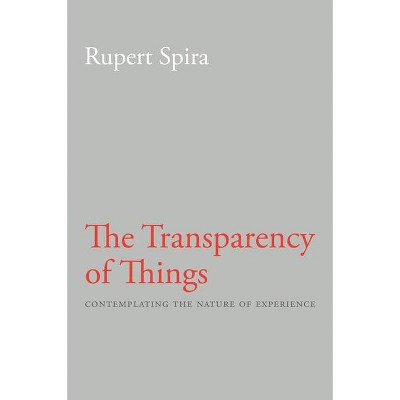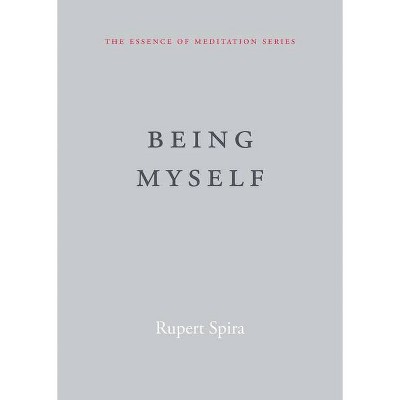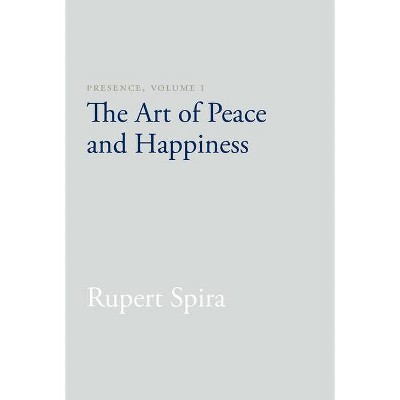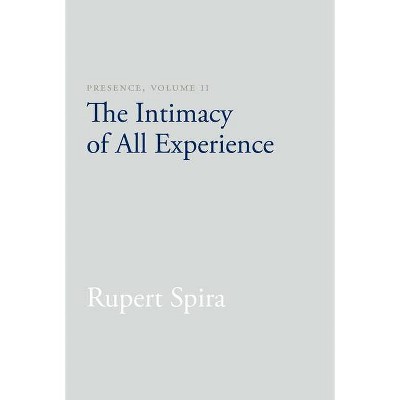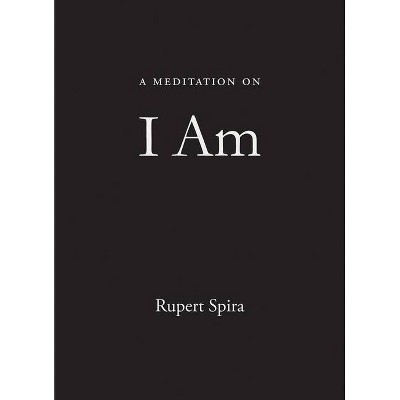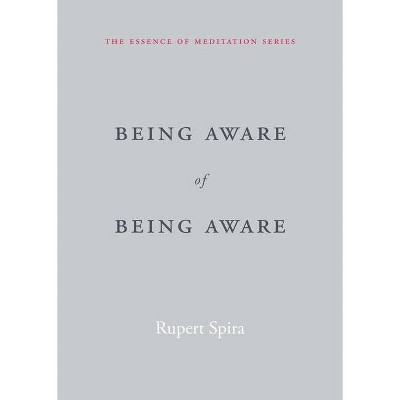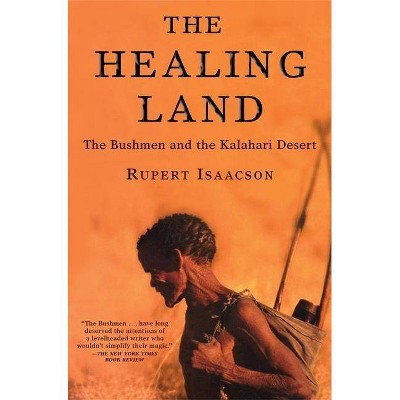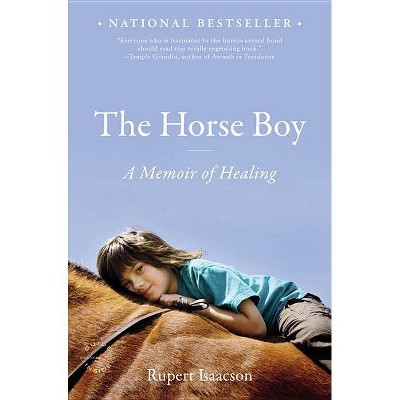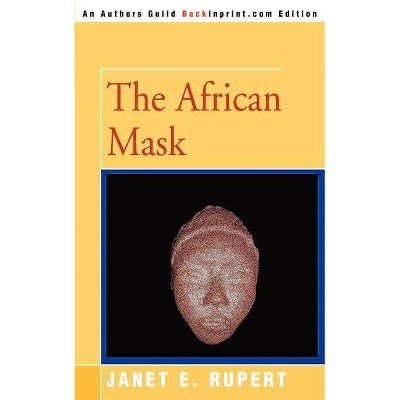The Nature of Consciousness - by Rupert Spira (Paperback)
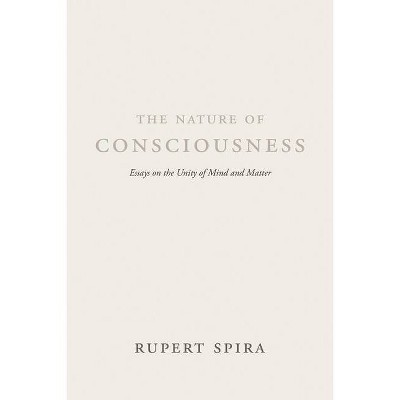
Similar Products
Products of same category from the store
AllProduct info
<p/><br></br><p><b> About the Book </b></p></br></br><i>The Nature of Consciousness</i> challenges the prevailing materialist paradigm that is holding humanity back, suggesting that consciousness is the fundamental reality of the apparent duality of mind and matter, and that overlooking or ignoring this reality is the root cause of the suffering that pervades and motivates most people's lives, as well as the wider conflicts that exist between communities and nations. This comprehensive investigation will satisfy readers of all kinds, from the existentially minded to the rigorously scientific to the earnestly hopeful for peace. <br><p/><br></br><p><b> Book Synopsis </b></p></br></br><p><b>"I've gained deeper understanding listening to Rupert Spira than I have from any other exponent of modern spirituality. Reality is sending us a message we desperately need to hear, and at this moment no messenger surpasses Spira and the transformative words in his essays." <br> --Deepak Chopra, author of <i>You Are the Universe</i>, <i>Spiritual Solutions</i>, and <i>Super Brain</i></b> <p/> Our world culture is founded on the assumption that the Big Bang gave rise to matter, which in time evolved into the world, into which the body was born, inside which a brain appeared, out of which consciousness at some late stage developed. As a result of this "matter model," most of us believe that consciousness is a property of the body. We feel that it is "I," this body, that knows or is aware of the world. We believe and feel that the knowing with which we are aware of our experience is located in and shares the limits and destiny of the body. This is the fundamental presumption of mind and matter that underpins almost all our thoughts and feelings and is expressed in our activities and relationships. <i>The Nature of Consciousness</i> suggests that the matter model has outlived its function and is now destroying the very values it once sought to promote.</p><p>For many people, the debate as to the ultimate reality of the universe is an academic one, far removed from the concerns and demands of everyday life. After all, life happens independently of our models of it. However, <i>The Nature of Consciousness</i> will clearly show that the materialist paradigm is a philosophy of despair and, as such, the root cause of unhappiness in individuals. It is a philosophy of conflict and, as such, the root cause of hostilities between families, communities, and nations. Far from being abstract and philosophical, its implications touch each one of us directly and intimately.</p><p>An exploration of the nature of consciousness has the power to reveal the peace and happiness that truly lie at the heart of experience. Our experience never ceases to change, but the knowing element in all experience--consciousness, or what we call "I"--itself never changes. The knowing with which all experience is known is always the same knowing. Being the common, unchanging element in all experience, consciousness does not share the qualities of any particular experience: it is not qualified, conditioned, or limited by experience. The knowing with which a feeling of loneliness or sorrow is known is the same knowing with which the thought of a friend, the sight of a sunset, or the taste of ice cream is known. Just as a screen is never disturbed by the action in a movie, so consciousness is never disturbed by experience; thus it is inherently peaceful. The peace that is inherent in us--indeed that <i>is</i> us--is not dependent on the situations or conditions we find ourselves in.</p><p>In a series of essays that draw you, through your own direct experience, into an exploration of the nature of this knowing element that each of us calls "I," <i>The Nature of Consciousness</i> posits that consciousness is the fundamental reality of the apparent duality of mind and matter. It shows that the overlooking or ignoring of this reality is the root cause of the existential unhappiness that pervades and motivates most people's lives, as well as the wider conflicts that exist between communities and nations. Conversely, the book suggests that the recognition of the fundamental reality of consciousness is the first step in the quest for lasting happiness and the foundation for world peace.</p><p/><br></br><p><b> Review Quotes </b></p></br></br><br>"<i>The Nature of Consciousness</i> is a major contribution to our understanding of who we are. This is a book which I am sure will become one of the great classics of our time. Please read it, because as we evolve we will all need to understand non-duality." <br> --<b>Peter Fenwick</b>, neuropsychologist and author of <i>The Art of Dying</i> and <i>The Truth in the Light: An Investigation of Over 300 Near-Death Experiences</i><br><br>"<i>The Nature of Consciousness</i> is a remarkable book. You have only to see it and flip through a few pages to get a sense of the kind of writer Rupert Spira is, and the nature of his argument. The clean design inside and out reflects his creative sensitivity and mastery as a ceramic artist, and the paragraphs are well packed with syllables, sufficient vocabulary for a minutely argued demolition of the assumptions of the prevailing world culture. Perhaps never before has logical argument been brought so effectively and readably to a comprehensive investigation of consciousness." <br><b>--Tony Kendrew</b>, ScienceAndNonduality.com<br><br>"I've gained deeper understanding listening to Rupert Spira than I have from any other exponent of modern spirituality. Reality is sending us a message we desperately need to hear, and at this moment no messenger surpasses Spira and the transformative words in his essays." <br> --<b>Deepak Chopra</b>, author of <i>You Are the Universe</i>, <i>Spiritual Solutions</i>, and <i>Super Brain</i><br><br>"In these essays, Rupert Spira cracks the shell of materialism by elucidating the 'calamitous assumption that lies at the root of our materialistic culture, ' and he artistically and persuasively leads us to the universal antidote: the realization of the primacy of consciousness. As a scientist, I very much appreciate Rupert's pointing out that scientists will never truly succeed in their exploration of the world until they successfully investigate the nature of the subject known as 'I.'" <br> --<b>Paul J. Mills</b>, professor of family medicine and public health at the University of California, San Diego<br><br>"Rupert Spira guides his reader on a delightful journey of discovery that uncovers and reveals what the Kashmiri Masters have called 'the greatest secret, more hidden than the most concealed and yet more evident than the most evident of things, ' and that is consciousness itself. Rupert deserves to be congratulated for the clarity and sensitivity with which he presents the teachings of the ancient and modern Masters concerning consciousness, and his own deeply personal experience, in such a way that it can be both easily understood and applied." <br> --<b>Mark Dyczkowski</b>, author of <i>The Doctrine of Vibration: An Analysis of the Doctrines and Practices of Kashmir Shaivism</i><br><p/><br></br><p><b> About the Author </b></p></br></br>From an early age, <b>Rupert Spira</b> was deeply interested in the nature of reality. At the age of seventeen he learned to meditate, and began a twenty-year period of study and practice in the classical Advaita Vedanta tradition under the guidance of Dr. Francis Roles and Shantananda Saraswati, the Shankaracharya of the north of India. During this time, he immersed himself in the teachings of P. D. Ouspensky, Krishnamurti, Rumi, Ramana Maharshi, Nisargadatta, and Robert Adams, until he met his teacher, Francis Lucille, in 1997. Lucille introduced Spira to the Direct Path teachings of Atmananda Krishna Menon, the Tantric tradition of Kashmir Shaivism (which he had received from his teacher Jean Klein), and, more importantly, directly indicated to him the true nature of experience. Spira lives in the UK and holds regular meetings and retreats in Europe and the United States. For further information, see www.rupertspira.com.
Price History
Cheapest price in the interval: 20.49 on March 10, 2021
Most expensive price in the interval: 21.99 on November 8, 2021
Price Archive shows prices from various stores, lets you see history and find the cheapest. There is no actual sale on the website. For all support, inquiry and suggestion messages communication@pricearchive.us
